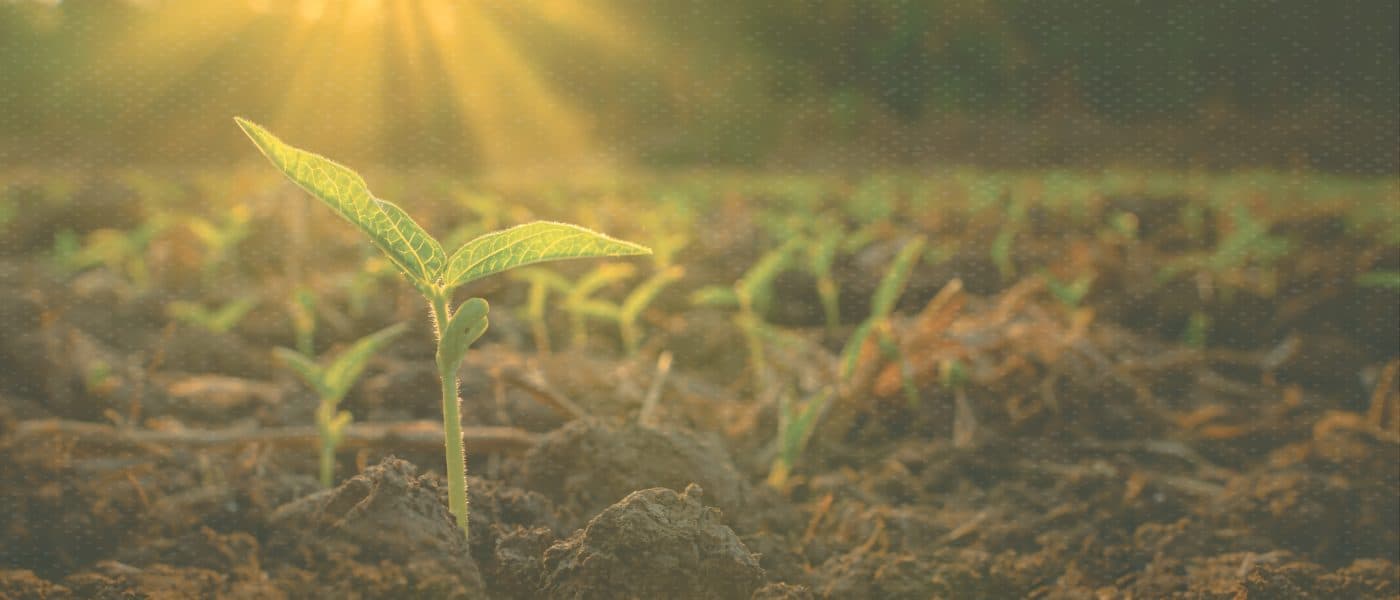Hamilton, Montana

When you walk into your local grocery store, can you tell if the potatoes were grown nearby? Do you know what practices were used to grow the kale? Can you say for sure “my food dollars support local farmers?” For most people the answer to these questions is “no” or at best “maybe,” but for farmers and consumers in Montana a change is in the air.
The farmers and grassroots organizers of Montana that make up the Alternative Energy Resource Organization (AERO) are working hard to make sure that consumers know their food. As a partner of the national Food Routes Network, an alliance of grassroots organizations committed to educating people about the benefits of buying local, AERO launched a “Buy Fresh, Buy Local” campaign (BFBL) in 2004, with the help of Farm Aid funds.
Montana has a stong history of eating and buying local. However, according to AERO Food and Agriculture Program Manager, Jim Barngrover, this has changed dramatically in recent years. “Fifty years ago, 70% of the food that people bought was from Montana producers; today local food sales are more like 7-8%.” Jim explains that consumers can make a big difference with a small amount of cash: “If Montana families spend $10 per week on local food, approximately $186 million stays within the state economy.”
Through biannual networking meetings for farmers, educational information aimed at consumers, a state-wide directory of sustainably grown food and a label for local products available at participating restaurants and grocery stores, AERO staff are working hard to build consumer awareness of local foods and to increase area farmers’ ability to grow for local markets.
At the foundation of AERO’s Buy Fresh, Buy Local work is a network of energetic and forward thinking farmers like Laura Garber of Homestead Organics Farm in Hamilton, Montana. All of the stores and restaurants in western Montana that participate in the BFBL campaign carry vegetables grown on Homestead Organics soil.
Laura and her husband Paul founded Homestead Organics Farm four years ago. The couple began their careers in agriculture through the PEAS farmer training course at the University of Montana and, after working on leased land for another four years, Laura convinced her husband to quit his job and go into farming full-time. The couple shares this advice with other aspiring farmers through the BFBL campaign networking meetings: “Bite the bullet, quit your job and go for it!”
Laura and Paul have good reason to speak with such confidence. Today, Homestead Organic Farm employs the couple full-time in addition to five summer interns. Laura and Paul run the farm with local communities in mind. The couple sells to three farmers markets and runs a 70-member CSA as well as a 40-member fall CSA. Additionally, Homestead Organics participates in the Western Montana Growers Cooperative, which sells produce to area restaurants.
According to Laura, the BFBL campaign has directly increased demand for their produce, which means that they can spend less time worrying about marketing and more time on the founding ideals of the farm. The mission of the farm is to bring people together through food. “We really want our farm to be open to the public. People have become so distanced from their food. We want to inspire people to try something new or grow their own food,” explains Laura.
The couple encourages community involvement by hosting field days and children’s summer camp programs as well as by employing interns. Children play a special role on the farm. “We want our farm to be a place where children come and have good feelings and memories about farming. Then, they go home and ask their parents questions about food and the movement strengthens. People are ready, but it takes a farm, or a farmer or an advocate [to spread the word]” Laura, as a board member of AERO and founding farmer of the BFBL campaign, plays this role naturally.
The Alternative Energy Resource Organization and their Buy Fresh, Buy Local campaign, along with farmers like Laura Garber, are building strong local communities. Food dollars are staying local, consumers have greater access to local food, farmers are better able to learn from one another and they are making a better living. Every community would benefit from a farm, farmer or advocate who can plant a similar seed.


